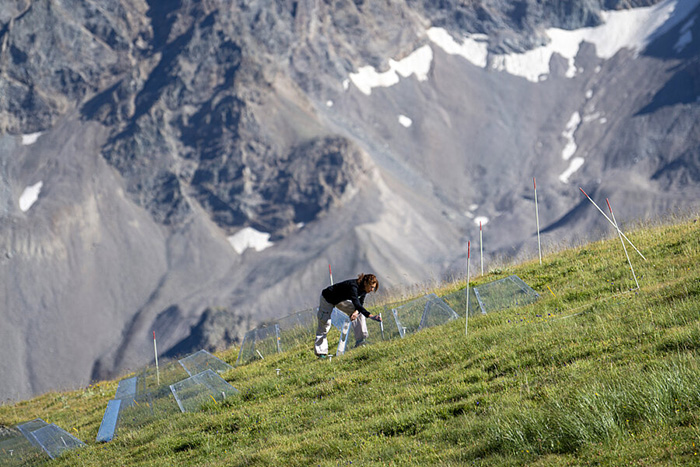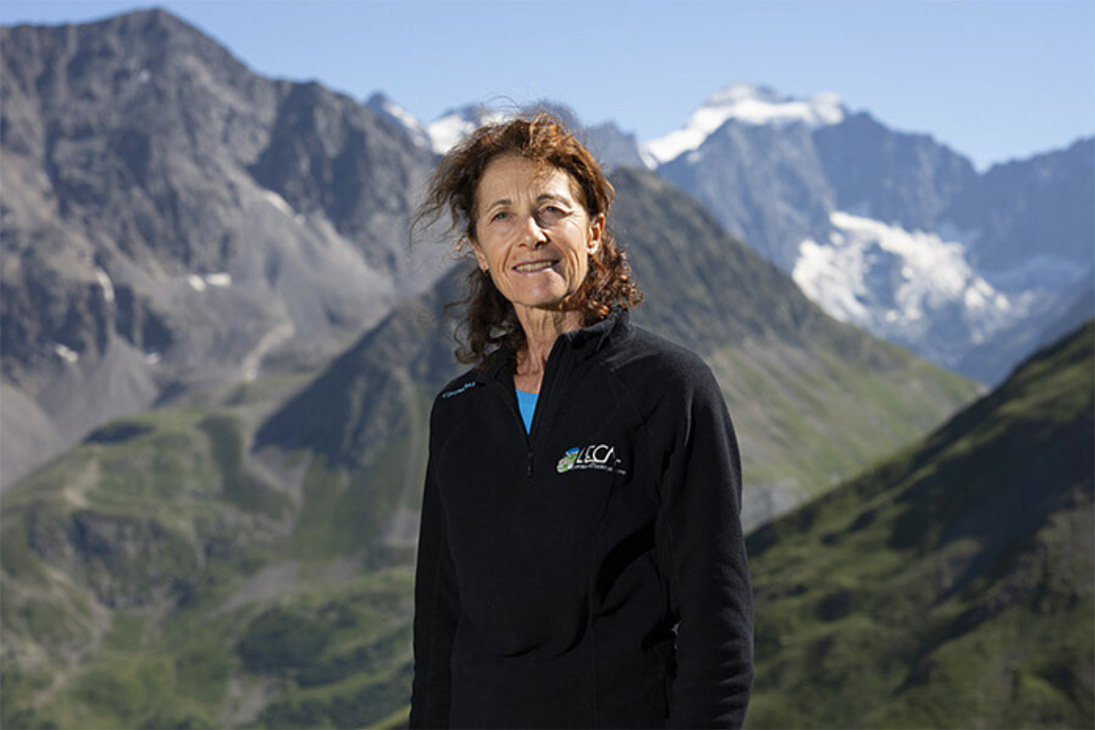The CNRS Gold Medal, one of the most prestigious French scientific distinctions, has been awarded to the Sandra Lavorel, ecologist at the Laboratoire d'écologie alpine (LECA - CNRS/UGA/USMB). A specialist in the functioning of ecosystems, during her 30 years as a CNRS researcher she has revealed the contributions that biodiversity makes to human life, as well as the societal and economic impact of its alteration by environmental changes. She regularly contributes her expertise to public policy-making. The CNRS Gold Medal, along with a €50,000 prize from the CNRS Foundation, will be handed to her on 20 December 2023 during a ceremony at the Maison de la Chimie in Paris.
Sandra Lavorel was born in Lyon in 1965, and joined the CNRS in 1994. She has been a member of the French
Académie des Sciences since 2013. A specialist in the functioning and dynamics of ecosystems, Lavorel is a pioneer in defining and analysing their benefits for human societies. For instance, she has shown that the alterations to biodiversity and ecosystems resulting from global change have quantifiable societal and economic consequences. Her body of research has regularly contributed to territorial planning and biodiversity management policies.
“Sandra Lavorel conducts research that strives to shed light on contemporary and future environmental issues” says Antoine Petit, CNRS Chairman and CEO.
“Her work helps to unravel the functioning and dynamics of ecosystems in response to the global changes we are currently facing. By awarding her the 2023 Gold Medal, the CNRS pays tribute to the exceptional path taken by this eminent French ecologist. Her international renown, and her commitment to providing scientific expertise in support of public decision- making, testify to the excellence that has marked her career.”
Having studied at the Paris-Grignon National Agronomic Institute, Lavorel earned a doctorate in ecology and evolutionary science at Université des sciences et techniques du Languedoc, Montpellier 2
1 , before completing a postdoctoral fellowship at the Australian National University. Upon her return to France, in 1994 she joined the CEFE centre for functional and evolutionary ecology in Montpellier
2 , and in 2003, the LECA Alpine ecology laboratory (CNRS/Université Grenoble Alpes/Université Savoie Mont Blanc), where she currently conducts her research. In 2020 she went on a two-year secondment at the Manaaki Whenua Landcare Research Institute in Lincoln, New Zealand, where she has served as a visiting researcher ever since.
Throughout her career, Lavorel has shown that climate change and land use affect the morphology and physiology of plants, and how these adaptations in turn impact the ecosystems to which they belong. Her pioneering work laid the foundations for new research areas on the dynamics of biodiversity and ecosystems, and has in particular helped to establish landscape evolution scenarios that prove especially useful for planning and biodiversity management policies. Her interdisciplinary research has also promoted the concept of nature’s contribution to social adaptation, a new way of exploring nature-based solutions with a view to adapting to global change.
A major figure in her discipline, Lavorel was made an Officer of the French National Order of Merit in 2016, and an Officer of the Legion of Honour in 2022. In 2020, she received the highest distinction of the British Ecological Society by being appointed an honorary member. That same year, she became a foreign member of the National Academy of Sciences of the United States. Her career has also been marked by a number of noteworthy prizes, including in 2020 the Ramon Margalef Prize in Ecology awarded by Spain’s Generalitat de Catalunya, and in 2021 the Frontiers of Knowledge Award from the BBVA Foundation in the ecology and biodiversity conservation category.
Her expertise also led to her involvement in various national and international assessment bodies. From 2018 to 2022, she was a member of the IPBES international committee of experts
3 , the international platform of reference for biodiversity (akin to the IPCC for the climate). As such, she co-edited the
IPCC-IPBES Workshop Report on biodiversity and climate change published in 2021. She is currently participating in the IPBES Nexus Assessment on the interdependence of biodiversity, water, food, health, and climate.

Sandra Lavorel, the winner of the 2023 CNRS Gold Medal, surrounded by the equipment used in the Warm project, which studies the effect of climate change on alpine grass. Installed at the Col du Lautaret at an altitude of 2,400 m, they heat the air a few degrees in relation to the external temperature in order to study the consequences on the ecosystem (production of biomass, temperature, and soil humidity).
© Hubert RAGUET / LECA / CNRS Images
> Photos of the laureate are available on the CNRS Images platform.
> Her portrait features in CNRS News.
1. Today AgroParisTech and Université de Montpellier.
2. CNRS/EPHE – PSL/IRD/Université de Montpellier
3. Intergovernmental Science-Policy Platform on Biodiversity and Ecosystem Services (IPBES).



